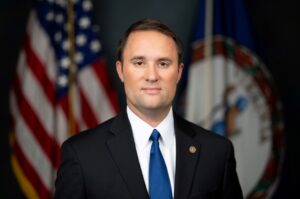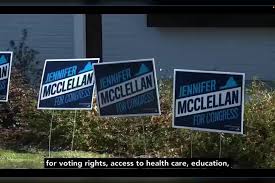by James C. Sherlock
America is the most successful nation in the history of the world because of the freedoms and rights guaranteed by our Constitution.
More than a hundred other nations have emulated the American Constitution.
Without constitutionally guaranteed freedoms and rights, we would be chained to the whims of the state. Most immediately to the whims of the executive branch. There would be precious little for the judicial branch to protect.
A recent Supreme Court decision found affirmative action in college admissions to be unconstitutional under the 14th Amendment, Section 1:
No state shall make or enforce any law which shall abridge the privileges or immunities of citizens of the United States; nor shall any state deprive any person of life, liberty, or property, without due process of law; nor deny to any person within its jurisdiction the equal protection of the laws.
Justice Roberts for the majority ruling that the Harvard and UNC admissions programs cannot be reconciled with the guarantees of the Equal Protection Clause:
Both programs lack sufficiently focused and measurable objectives warranting the use of race, unavoidably employ race in a negative manner, involve racial stereotyping, and lack meaningful end points. We have never permitted admissions programs to work in that way, and we will not do so today.
Three justices disagreed.
Justice Sotomayor read her opinion from the bench — a sign of strong disagreement. An excerpt:
Today, this Court stands in the way and rolls back decades of precedent and momentous progress. It holds that race can no longer be used in a limited way in college admissions to achieve such critical benefits. In so holding, the Court cements a superficial rule of colorblindness as a constitutional principle in an endemically segregated society where race has always mattered and continues to matter.
Note that Justice Sotomayor, as always careful of the words in her opinions, chose “endemically” to modify “segregated.” Oxford dictionary: “regularly found and very common among a particular group or in a particular area.”
That is different than the word “systemically” — Oxford: “in a basic and important way that involves the whole of an organization or a country and not just particular parts of it.” Continue reading →







 by Dick Hall-Sizemore
by Dick Hall-Sizemore



